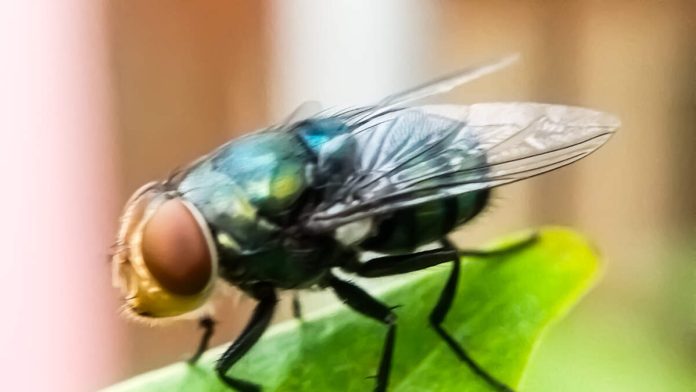The United States has confirmed its first human case of a flesh-eating parasite, known as the New World screwworm, in a patient who recently traveled from El Salvador. The U.S. Department of Health and Human Services (HHS) announced the case on Monday (August 25). The patient is currently in Maryland, and health officials are investigating the situation.
The New World screwworm, a parasitic fly species, poses a significant threat as it feeds on the live tissue of warm-blooded animals. The parasite has been spreading across Central America since early 2023, with cases reported in countries like Belize, Costa Rica, and Panama. According to the U.S. Department of Agriculture (USDA), the parasite has not yet been detected in animals within the U.S., but its spread in neighboring countries has raised concerns about the potential impact on livestock and food supply.
In response, the USDA is taking preventive measures, including constructing a sterile fly production facility in Edinburg, Texas, to produce up to 300 million sterile flies per week. These flies will be released to mate with wild females, a technique that helped eradicate the parasite in the U.S. in the past. The USDA is also deploying mounted patrol officers and detector dogs to monitor wildlife crossings and imports at ports of entry.
The Centers for Disease Control and Prevention (CDC) and the Maryland Department of Health are working together to assess the risk to public health, which is currently considered very low. However, people traveling to outbreak areas, especially those with open wounds, are at higher risk of infestation.
The U.S. Food and Drug Administration (FDA) has issued an Emergency Use Authorization for animal drugs to treat or prevent screwworm infestations, as there are no FDA-approved drugs for this purpose in the U.S. The USDA has also halted live cattle imports from Mexico to prevent further spread of the parasite.

Recent Comments